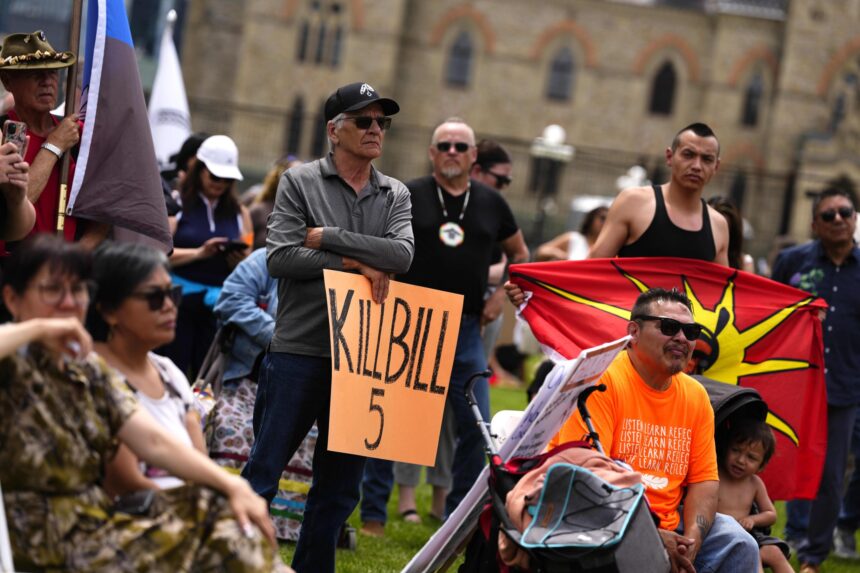Prime Minister Mark Carney is set to face a critical test next week as he meets with Indigenous leaders from across Canada in what analysts are calling a pivotal moment for his young administration. The two-day summit in Ottawa, scheduled for July 23-24, will focus on the government’s controversial Major Projects Management Office Reform Act, which has raised significant concerns among First Nations communities about potential erosion of their constitutional rights.
“This summit represents the first major challenge to the Carney government’s approach to Indigenous relations,” said Dr. Melissa Thompson, professor of Indigenous governance at the University of Toronto. “The outcome could set the tone for years to come.”
The legislation, introduced last month, aims to streamline approval processes for major resource and infrastructure projects. While the government has framed it as essential for economic growth, Indigenous rights holders have expressed deep reservations about what they see as potential limitations on consultation and consent processes.
Assembly of First Nations National Chief Cindy Woodhouse Nepinak has been particularly vocal in her criticism. “We cannot accept any legislation that diminishes our inherent rights or undermines the principles established in the United Nations Declaration on the Rights of Indigenous Peoples,” she stated in a press release issued yesterday.
According to Canada News sources, the summit will bring together more than 200 First Nations chiefs, Métis leaders, and Inuit representatives. The format will include both large plenary sessions and smaller breakout discussions on specific aspects of the legislation.
The Carney government has attempted to frame the summit as evidence of its commitment to meaningful consultation. Indigenous Relations Minister Jody Wilson-Raybould told reporters Tuesday that the government is “fully prepared to listen and make substantive changes” to address concerns.
However, skepticism remains high among many Indigenous communities. Chief William Morin of the Enoch Cree Nation pointed to past disappointments with federal consultation processes. “We’ve heard promises before,” he noted in an interview with CO24. “What matters is whether our input actually shapes the final legislation.”
The stakes are particularly high given Canada’s troubled history with Indigenous consultations on resource development. The Trans Mountain Pipeline expansion and Coastal GasLink projects both faced significant Indigenous opposition and legal challenges, creating years of uncertainty for investors and communities alike.
Economic implications of the summit are substantial, according to CO24 Business analysis. The Canadian Chamber of Commerce estimates that improving major project approvals could unlock over $100 billion in investment over the next decade. However, business leaders acknowledge that lasting solutions require Indigenous support.
“The most successful projects in recent years have been those with meaningful Indigenous partnerships from the beginning,” noted Catherine McKenna, former Environment Minister and current chair of the Climate and Energy Solutions Council. “Rushing legislation without proper consultation will only lead to more court challenges and delays.”
The summit occurs against the backdrop of Carney’s campaign promises to both respect Indigenous rights and accelerate economic development. This apparent tension has created what CO24 Politics analysts describe as a defining moment for the new government.
As the summit approaches, the question remains: can the Carney government find a path forward that balances economic imperatives with Canada’s constitutional obligations to Indigenous peoples, or will this early test expose fundamental contradictions in its approach to reconciliation?

























